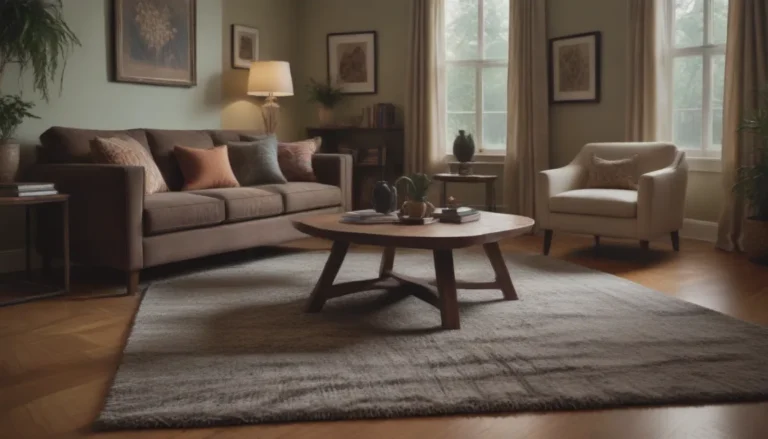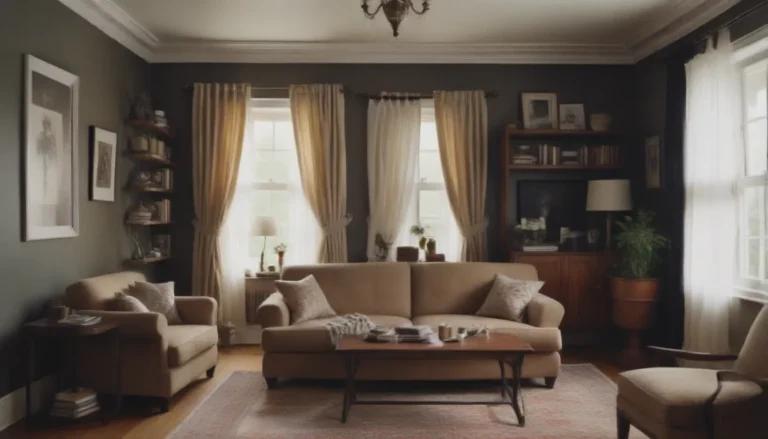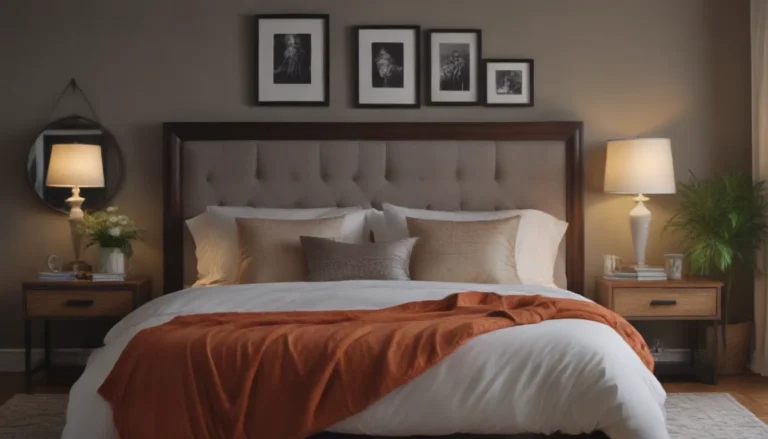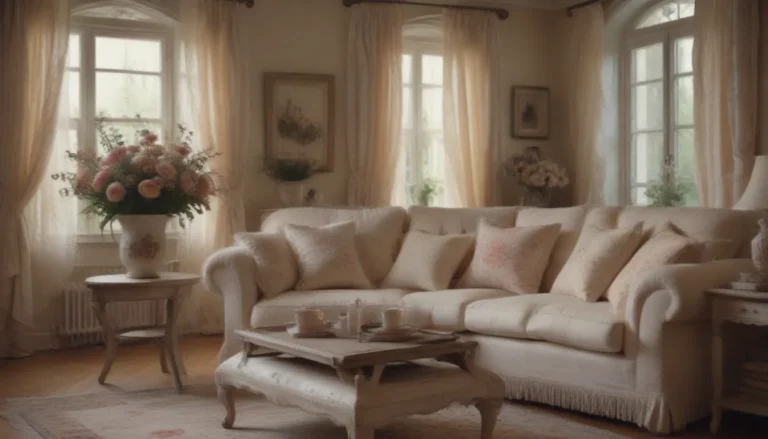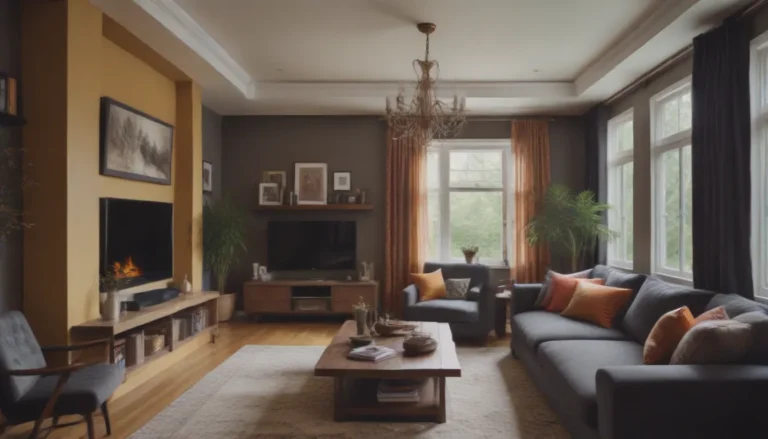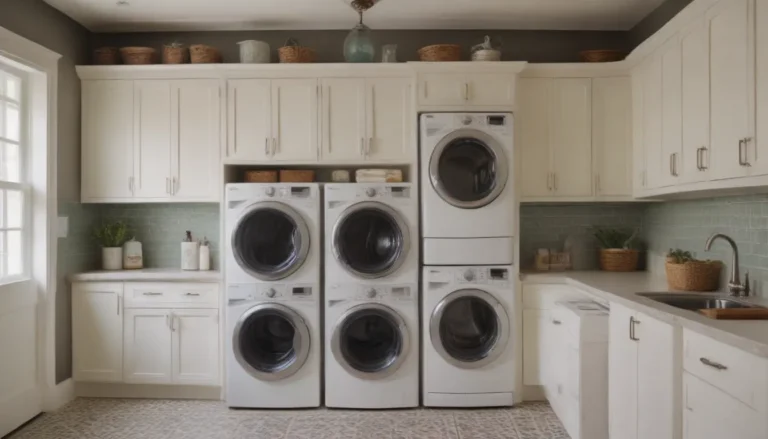Understanding the Ins and Outs of Duplex Homes
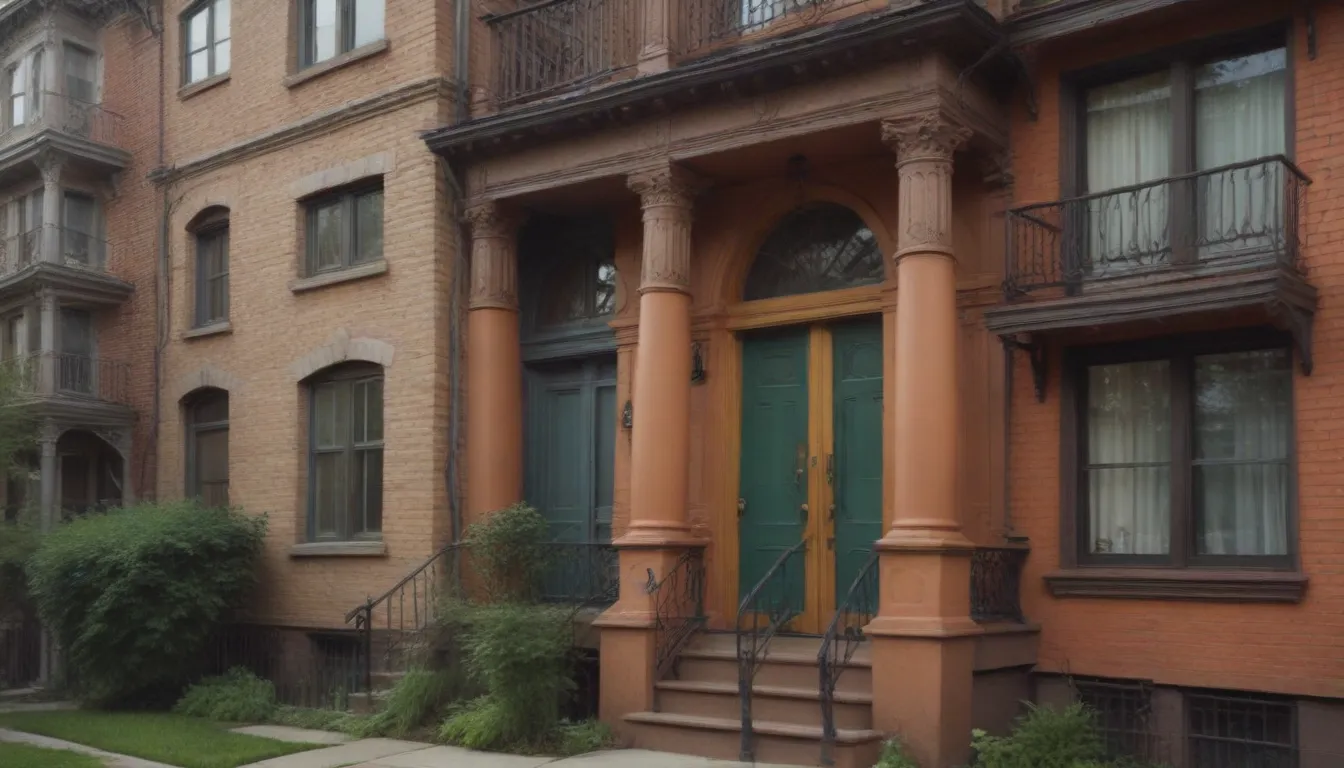
If you’ve come across the term “duplex home” in a real estate listing or while watching a home remodeling show, you may have wondered what exactly it entails. In this comprehensive guide, we will delve into the details of what a duplex is, its main features, advantages, and disadvantages to help you decide if this type of property is the right fit for you.
What Is a Duplex?
In simple terms, a duplex is a type of dwelling that consists of two separate housing units that are attached to each other. These two distinct units make up a two-unit building that shares a common wall and may also share outdoor spaces such as a driveway, front porch, or backyard. Unlike an apartment building that houses multiple individual units, a duplex exclusively comprises two units. This shared living arrangement offers both benefits and drawbacks that prospective homeowners should consider.
Features of a Duplex Home
When you spot a duplex, you’ll notice its symmetrical exterior appearance and a shared wall separating two separate living units. The building typically has two separate entrances, with two garages often included. While the two units are usually positioned next to each other, there are instances where they are stacked vertically. In suburban areas, you might come across single-level duplexes that resemble attached single-family homes, while multi-level townhouse-style duplexes are common in urban settings to optimize vertical space.
Apart from a shared wall, the two units within a duplex may also share other amenities such as a front porch, driveway, or backyard. The units often have identical floor plans and exterior facades for visual consistency.
Duplex vs. Triplex vs. Quadplex
- Duplex: Two separate units sharing a wall.
- Triplex: Three units with one or more shared walls.
- Quadplex: Four units with one or more shared walls.
Comparing a Duplex, an Apartment, and a Single-Family Home
A duplex falls somewhere between an apartment and a single-family home in terms of features and benefits. While it shares similarities with an apartment in terms of attached living units, a duplex distinguishes itself by having only two units per building, ensuring a more intimate living arrangement. Unlike an apartment, a duplex offers outdoor space akin to a single-family home, providing the best of both worlds for homeowners.
Conversely, a single-family home is a standalone residence occupied by a single household. However, some single-family homes may include an Accessory Dwelling Unit (ADU) on the same lot, providing an additional living space that may or may not be rented out separately from the main residence.
Pros and Cons of Living in a Duplex
Pros:
- Income Potential: Owning both units in a duplex allows you to rent out one unit for additional income.
- Affordability: Duplex units are often more affordable than single-family homes, offering similar benefits at a lower cost.
- Multi-Generational Living: Ideal for accommodating multiple generations of a family while maintaining separate living spaces.
Cons:
- Noise Levels: Shared walls can result in noise transfer between units.
- Resale Value: Duplexes may have a lower resale value compared to single-family homes.
- Shared Responsibilities: Maintenance costs and responsibilities may be shared between owners of the two units.
Is a Duplex Right for You?
If you are considering a property with income-generating potential, a duplex might be a suitable choice for you. Living in one unit while renting out the other can be a smart investment move. Additionally, duplexes provide an excellent housing solution for multi-generational families looking to live together while maintaining individual living spaces.
However, it’s essential to consider factors like noise levels and shared responsibilities before committing to a duplex. If you’re ready to transition from an apartment to a more spacious living arrangement or looking to downsize from a larger home, a duplex could be the ideal choice for you.
In conclusion, duplex homes offer a unique living arrangement that combines the benefits of apartment living with the advantages of single-family homes. By understanding the features, pros, and cons of duplex living, you can make an informed decision about whether this type of property aligns with your lifestyle and housing needs.
Remember, each housing unit is unique, so be sure to explore various options and consult with real estate professionals to find the perfect duplex that suits your preferences and budget.
